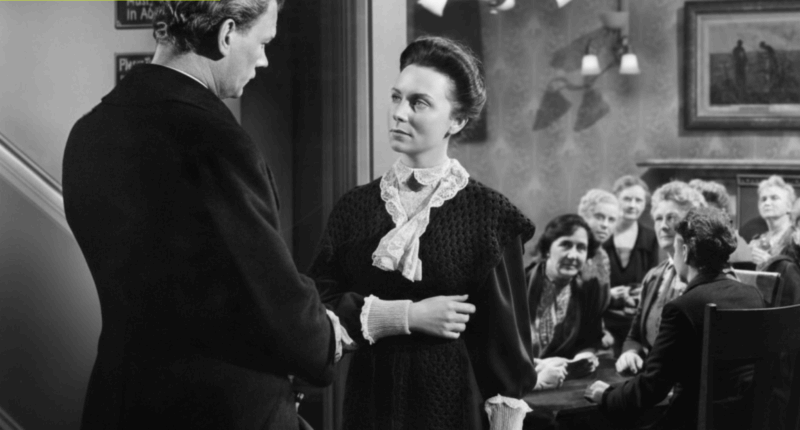Share this @internewscast.com
On Friday, Showrunner revealed its development of a fresh generative AI model designed to reconstruct missing footage from The Magnificent Ambersons, Welles’ 1942 film adaptation of Booth Tarkington’s 1918 novel centering around a family whose immense wealth dwindles due to technological industrialization. Although Welles initially crafted a version of the movie that spanned 131 minutes, RKO—one of the film’s production companies—cut it down to 88 minutes after Welles lost control over the editing process.
Showrunner is optimistic that utilizing generative AI can restore the cut footage, granting audiences a glimpse of The Magnificent Ambersons as Welles originally envisioned. In a discussion with The Hollywood Reporter about this initiative, Showrunner co-founder Edward Saatchi acknowledged that while present-day generative AI “can’t sustain a narrative beyond a short episode,” the technology is progressively advancing towards generating entire films.
Despite Welles’ comprehensive editing notes for The Magnificent Ambersons, RKO ignored them and eventually destroyed the negatives of the unreleased footage for storage purposes. Showrunner plans to overcome these challenges by combining AI-generated approximations of Welles’ potential shots with scenes featuring live actors, whose faces will be digitally altered to resemble the original cast. As per IndieWire, Showrunner’s FILM-1 model will generate keyframes to replace the lost footage, utilizing set photos to recreate the “spatial setting.”
To execute the project, Showrunner enlisted Tom Clive, an AI VFX expert skilled in face-swapping, who has worked on Alien: Romulus and Here with Metaphysic, alongside filmmaker Brian Rose. Rose had previously embarked on his own restoration of Ambersons using hand-drawn animation derived from the 1942 film’s shooting script and archival production photographs.
In a 2023 conversation with NPR, Rose described the challenge of populating his recreated scenes with characters as one of the more daunting elements. Additionally, Rose pointed out potential legal hurdles due to Warner Bros. Discovery owning the intellectual property rights to Welles’ The Magnificent Ambersons, which cast uncertainty over the possibility of legally releasing his project, noting, “the thought was to beg forgiveness later.”
Showrunner is quite familiar with adopting a “just do it and worry about the consequences later” approach. The startup previously gained attention for releasing unauthorized South Park episodes crafted with its own generative AI. This time, the company is trying to avoid any legal issues by opting not to monetize its Ambersons initiative.
Saatchi told THR that the goal here isn’t to make money off of the lost minutes of footage, but rather to “see them exist in the world after 80 years of people asking ‘might this have been the best film ever made in its original form.’” He also said that Showrunner will gladly give its creation to the IP holders if they “see a marketplace for it and a path for it outside of an academic context.”









